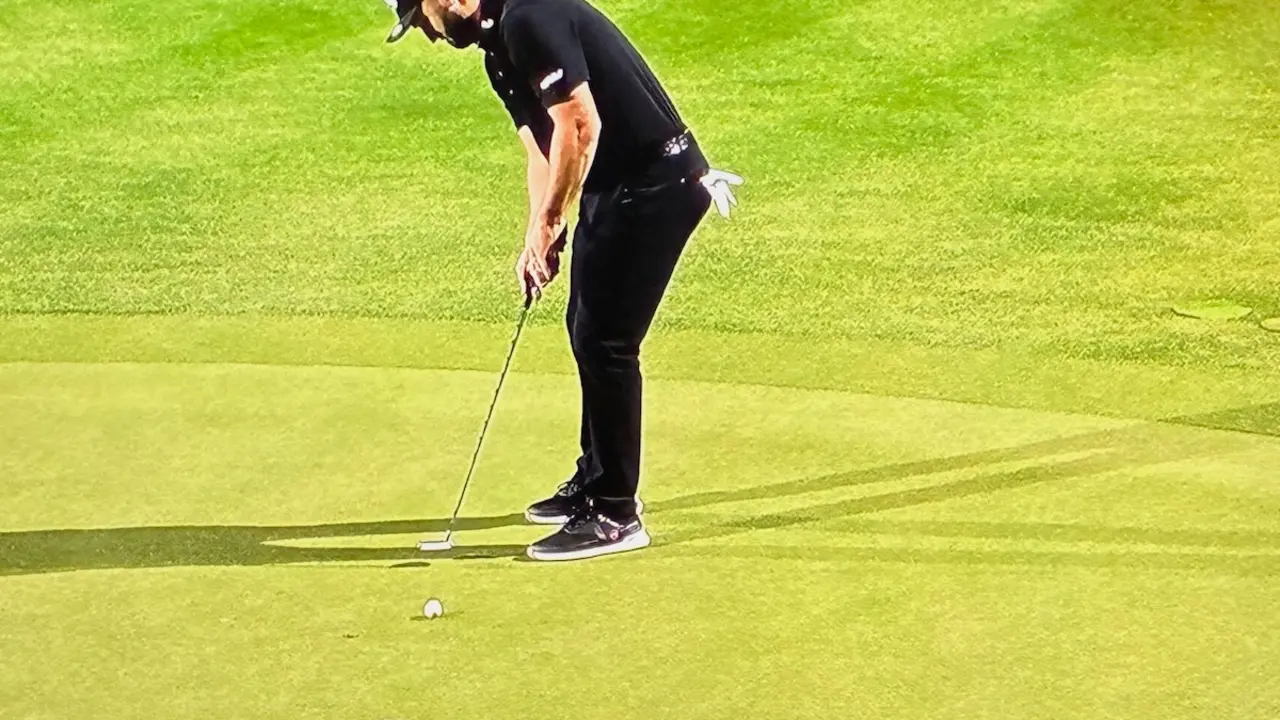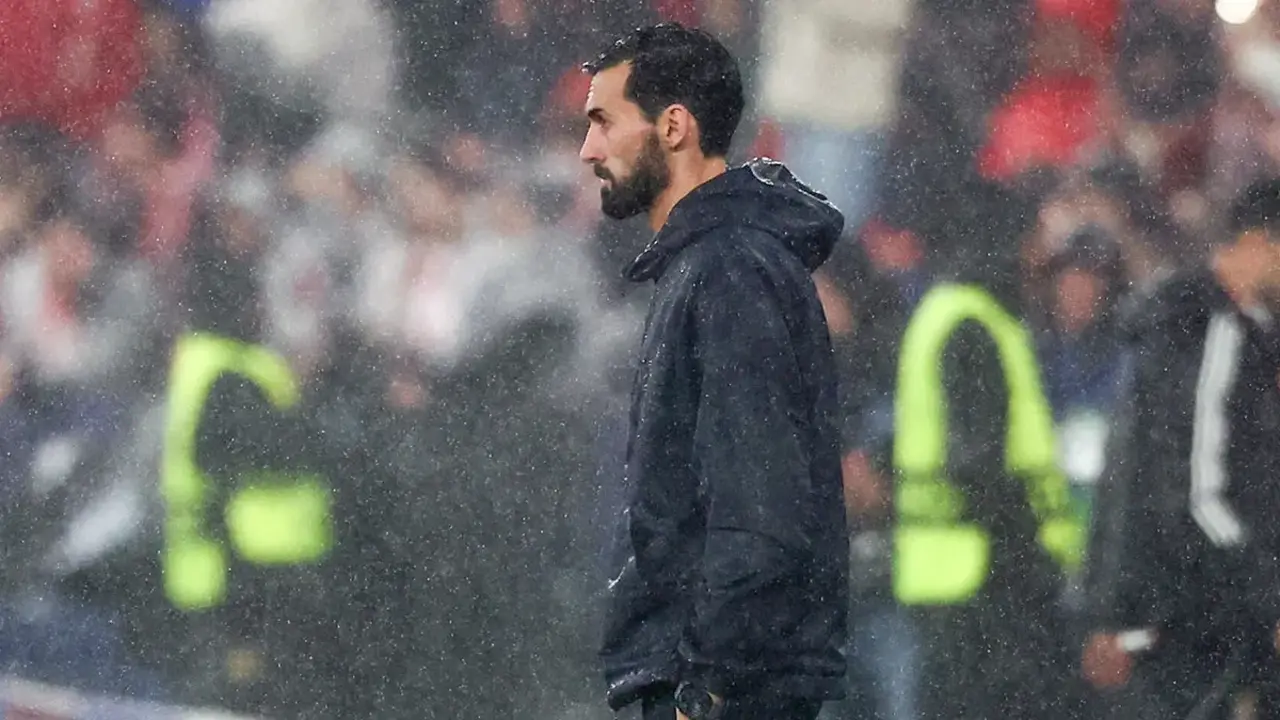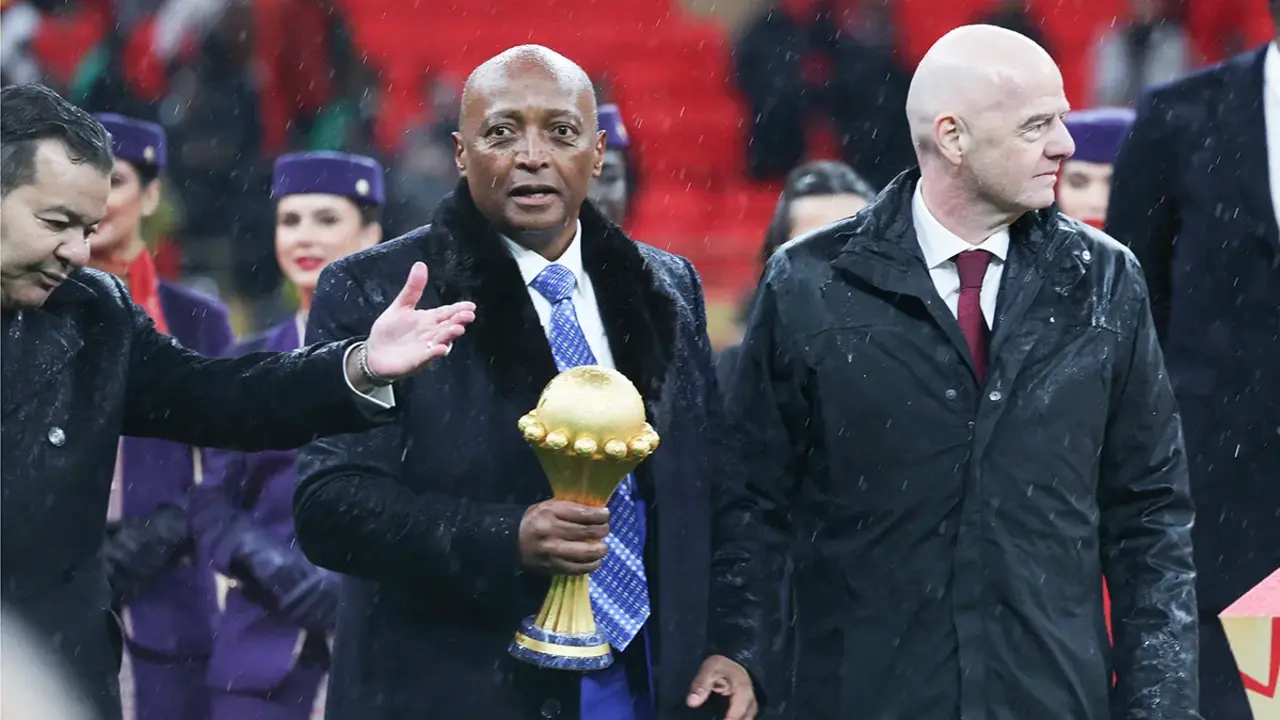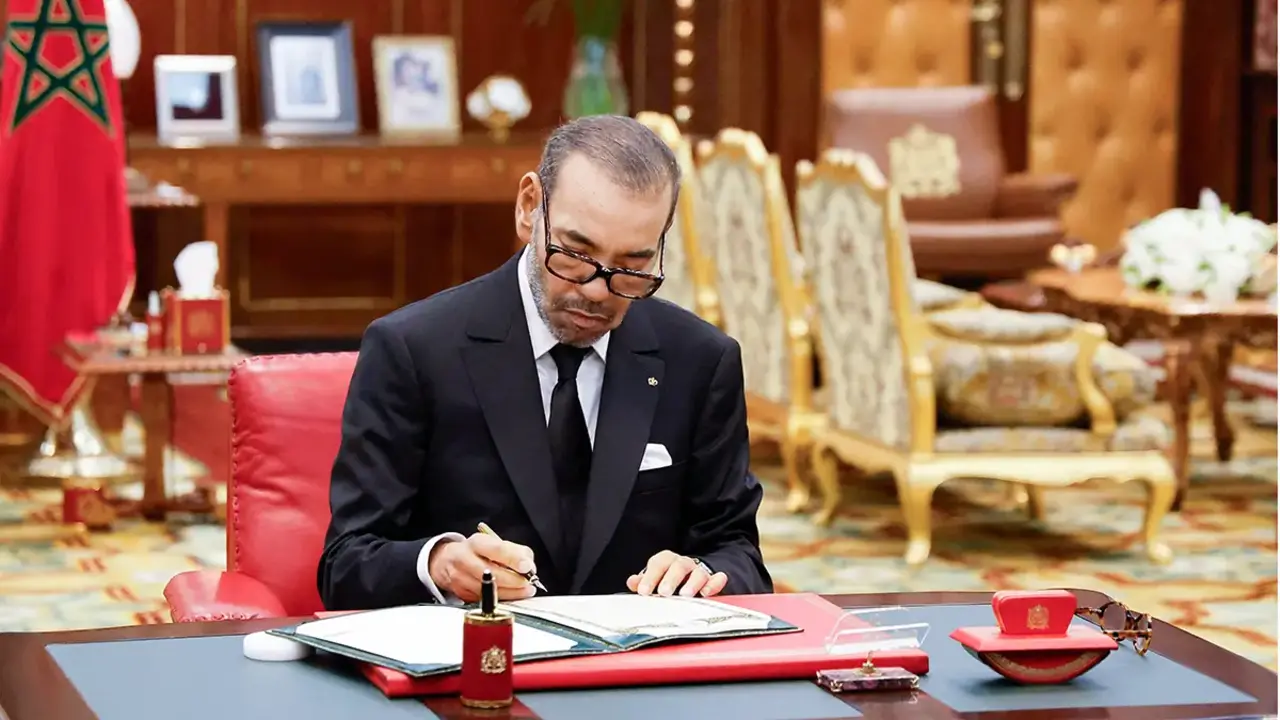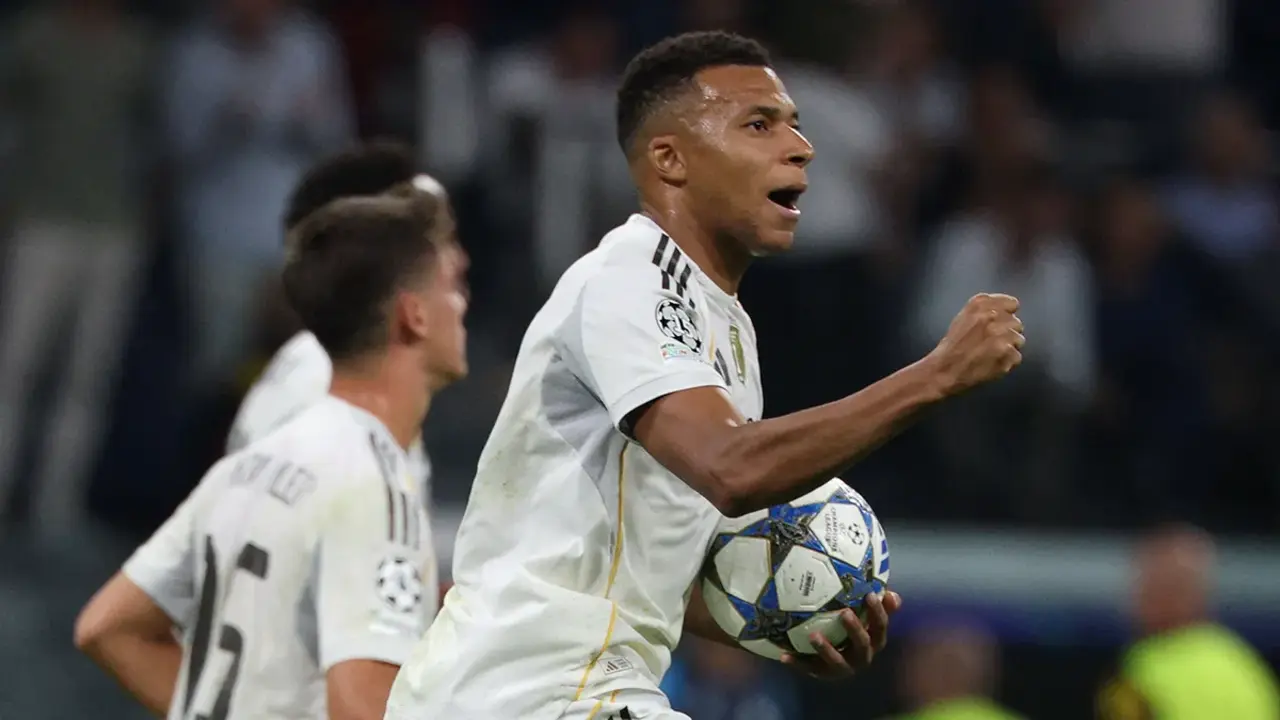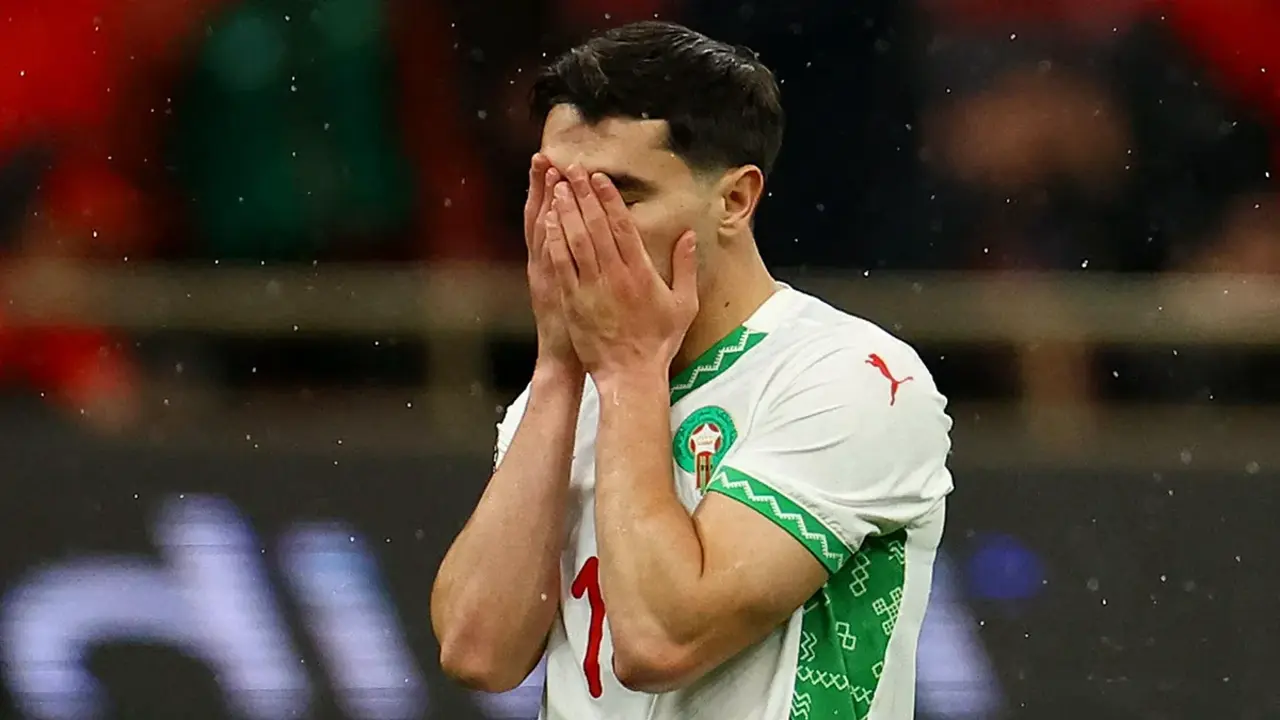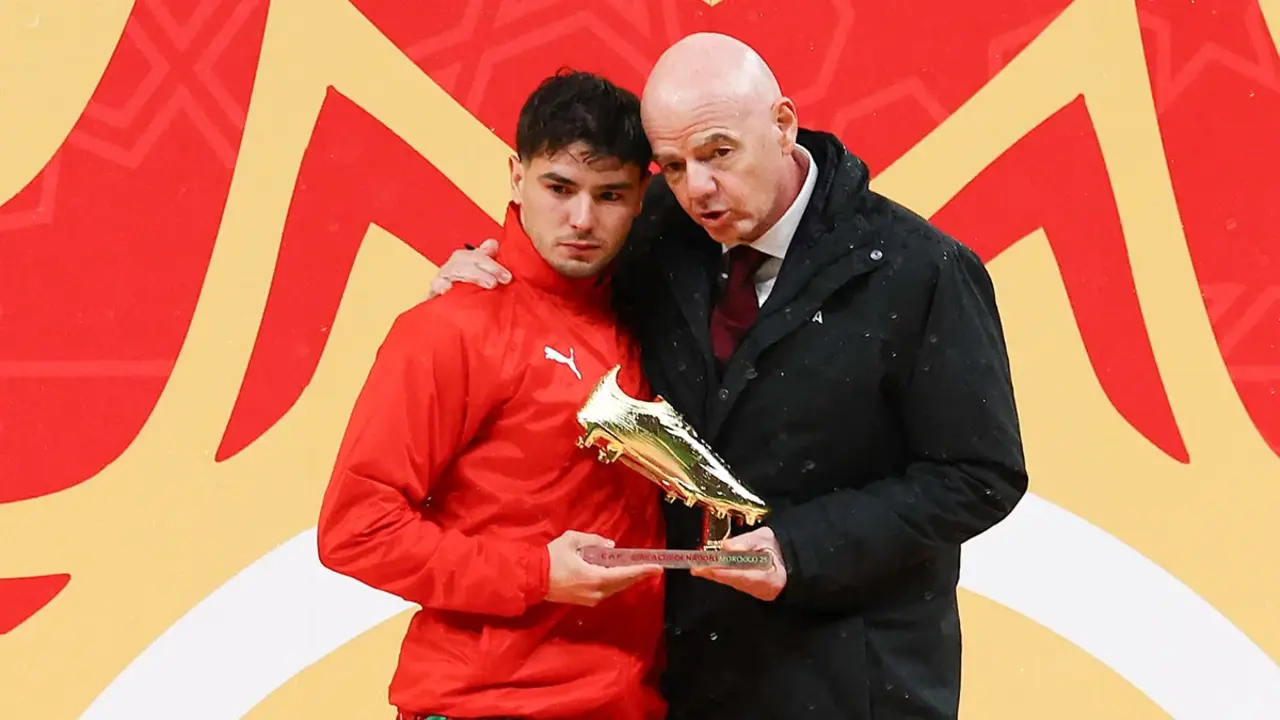CAF suspends Africa Cup of Nations and leaves Morocco's future out of the running

The Confederation of African Football (CAF) decided to suspend the U-17 Africa Cup of Nations (CAN) that was to be played in Morocco from 13 to 31 March 2021.
The CAF emergency committee met in Rabat to take this decision because of "the constraints faced by some of the participating member associations as well as the host country". It also justified the decision on the grounds that "the coronavirus pandemic continues to present major challenges for the organisation of international sporting events".
FIFA had previously announced the cancellation of the U-17 World Cup so the U-17 CAN was no longer a qualifying tournament.
A similar situation has arisen at the South American Football Confederation (Conmebol), which announced the rescheduling of the fifth and sixth matchdays of the qualifiers for the Qatar 2022 World Cup due to the refusal of European clubs to release their players because of the compulsory quarantine they must comply with on their return.
The pandemic has been disrupting everything for a year. With great difficulty, the world has been able to get back on its feet and move forward. From the most remote business somewhere on the planet to meetings at the highest political level.
This U-17 Africa Cup of Nations was a challenge for the Moroccan national team. The future Atlas Lions had high hopes for an official tournament where they could test themselves against other teams. To see the true potential of the youngsters, who until recently had not had an environment where they could get to know each other and feel their national colours.

The senior national team retained the African Nations Championship (CHAN) title in January 2021. The tournament was played with players playing for local clubs. Morocco beat Mali 2-0 in the final at the Ahmadou Ahidjo stadium in Yaounde.
Sergio Piernas is one of the artisans of Morocco's new youth structure. The Royal Moroccan Football Federation began an investment in 2019 to strengthen the structure of Moroccan football at grassroots level. They knew there was potential, but they needed to focus on more ambitious objectives.
Not playing in this Africa Cup of Nations finals only means not being able to reach the top of a long road of work with the grassroots. For the Spanish coach, "the objective is to create a new U-17 generation by valuing all the players who can represent Morocco. There was a selection of local players of a good level who had represented the national team in previous categories, but the formation of a national team was lacking, taking into account profiles and seeing what there is in Europe that could play for Morocco".
The headquarters of Moroccan football is based in Rabat. A state-of-the-art facility to work on the future of national football from the grassroots level. Sergio Piernas and his team locate and monitor young players both in Morocco and those playing in Europe. For the U-17s, "we have identified the talents that can represent Morocco. The CAF U-17 would have been the first experience of this group together. We would have liked to see how far they could go. The working method is based on "selecting those who can give a competitive level, but there are more on the list in order to monitor them, as they can give a high performance in the future. What's more, in each position there are well-defined profiles that we call up and, afterwards, we continue to evaluate more in each position".
There is no longer a fixed destination for Moroccan players who make the leap to Europe. If in the past it was France because of the language and the demands of the competition, now they can go to any league. "Scouting is very complex because there are hundreds of players with dual nationality all over the world. It is a complex job. A database is created with a good monitoring team that is being developed by the Moroccan federation," says Piernas.
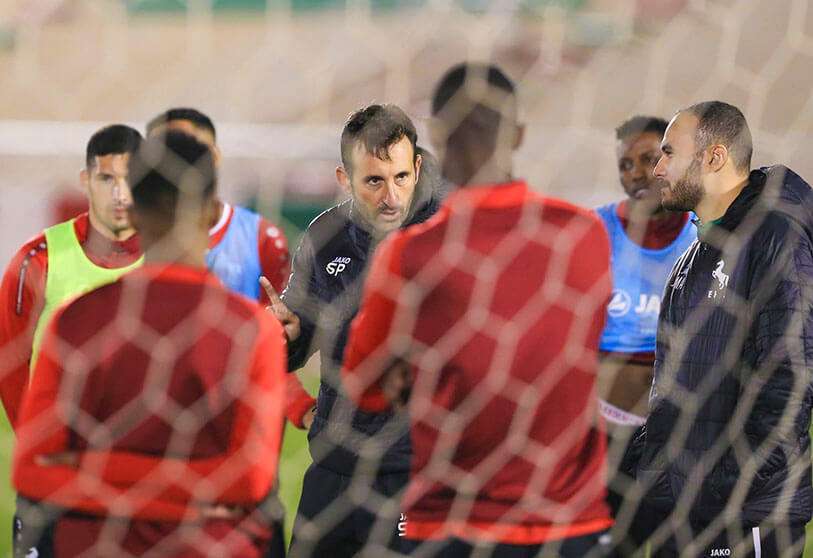
The U-17 squad would have included young players from Juventus, Chelsea, Girondins, Standard, Sampdoria, Genk and Levante, such as Saifi Younes. And local football is increasingly represented at grassroots level with players from the Mohammed VI Football Academy and the FAR Rabat and Fath Union Sportive clubs. Of the 31 players, eight play in Morocco and the rest are from foreign teams. The Spanish coach assures that "we have found good profiles in clubs that are not top level, but can make the leap to another club. We also found profiles that have other strengths. Those who are in elite clubs have proven conditions, but when it comes to choosing for certain competitions, such as the Africa Cup of Nations, we look for specific characteristics". They are being trained and in their clubs they are following this process. They are still anonymous. "I prefer not to single out specific names, but some of them have a good future if the head and the environment help," says their coach, who has been able to meet them at training camps.
The pandemic was another obstacle to overcome. "The training camps were stopped from March to July 2020. Then we were able to get them underway at the Moroccan federation's complex. At times we had difficulty getting the Europeans to come to the training camps, but the Federation has done a great job so that they can meet and work with them. Having facilities like the Federation's gives us incalculable value when it comes to working in ideal conditions," said Sergio.
The commitment to their country from an early age helps a lot to integrate. "Footballers who come with the illusion of representing Morocco. They are deeply rooted and have roots that make them take ownership of that feeling very quickly. The local player is more accustomed to African football. When facing competitions against countries from this continent, the player who comes from Europe has to adapt to a different kind of football. The local player is competitive, intense and knows the style, so he brings a lot of things to the group," explains Sergio.
Although the pandemic has left football unable to enjoy the tip of the iceberg of Morocco's youth academy, it is only fair to highlight the work behind the scenes. The new challenges will come and their federation is already preparing for the assault on the Qatar 2022 World Cup and was on the verge of organising the 2026 World Cup. For the moment, the football ties between Rabat and Doha, Morocco and Qatar are working. Morocco will advise Qatar with logistical and humanitarian resources to ensure security during the 2022 World Cup. On the other hand, Qatar was the only Gulf country to vote in favour of Morocco's bid for the 2026 World Cup, although in the end the organisation was won by the United States.

